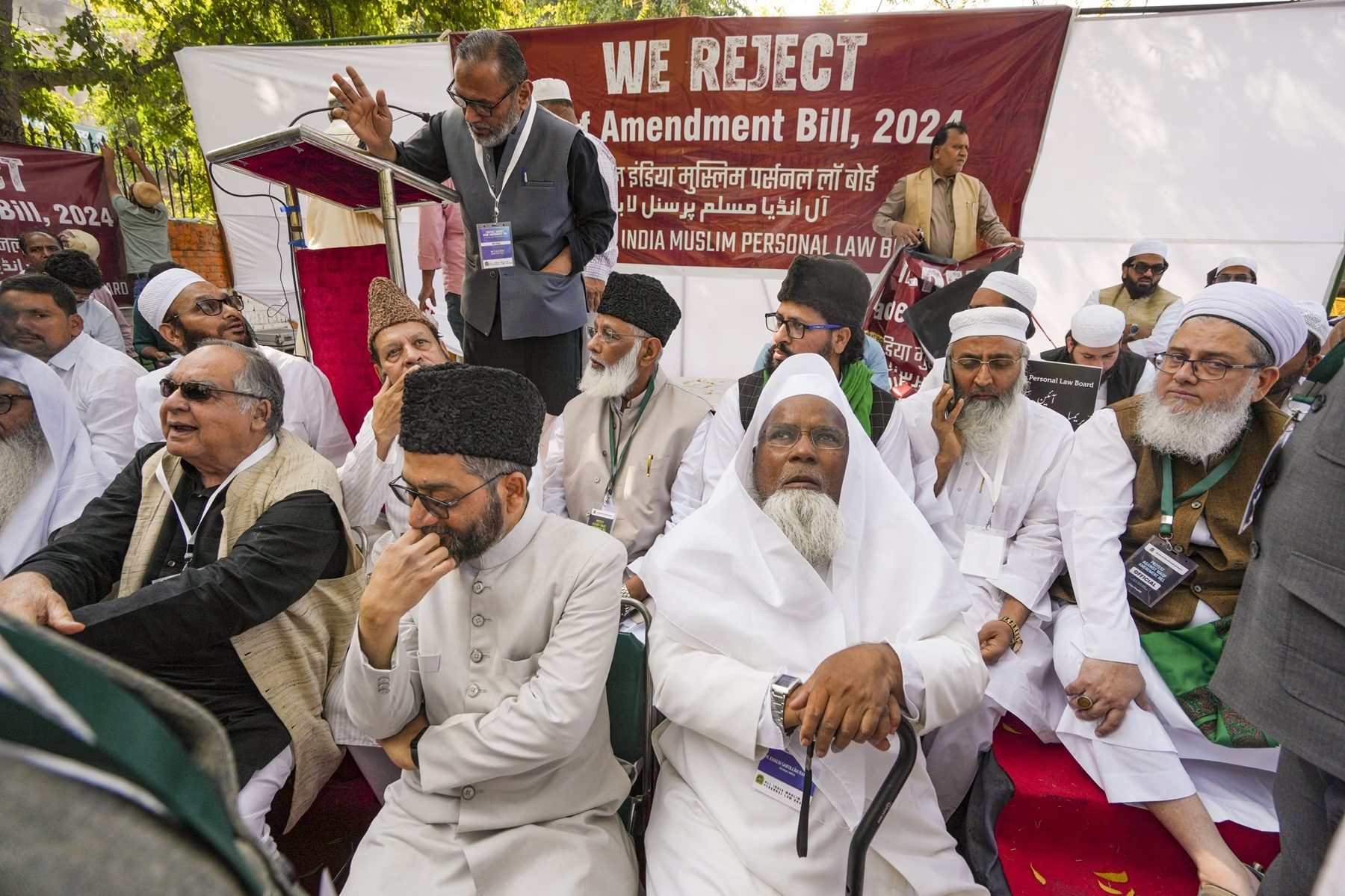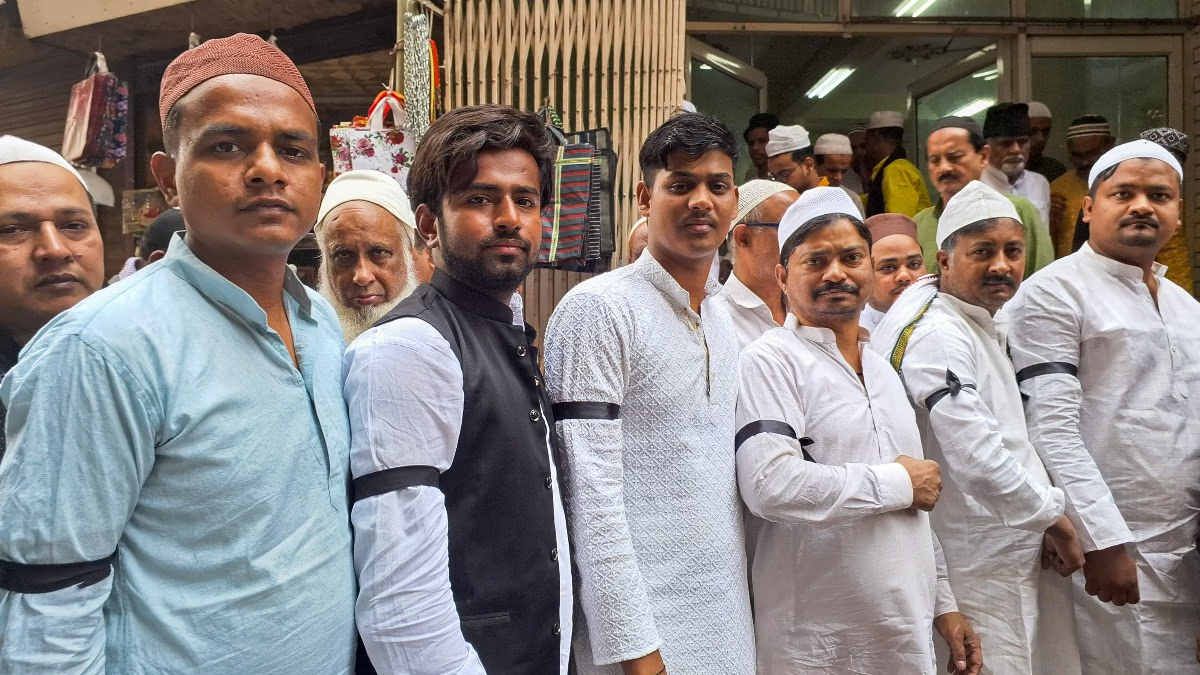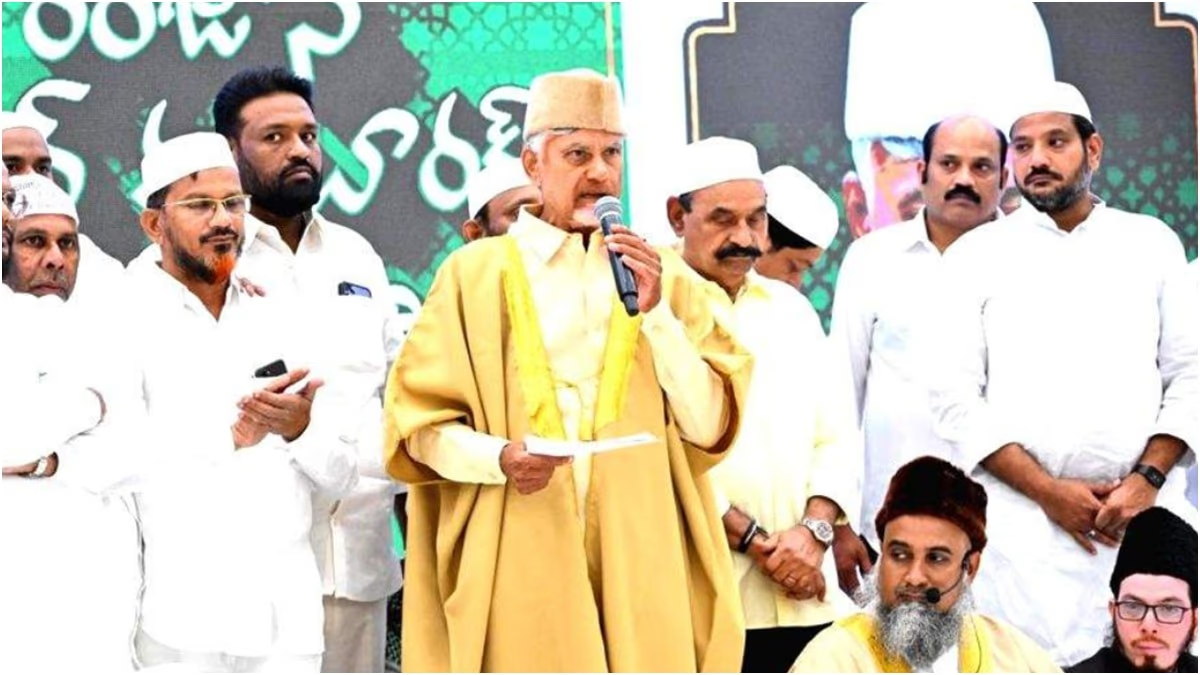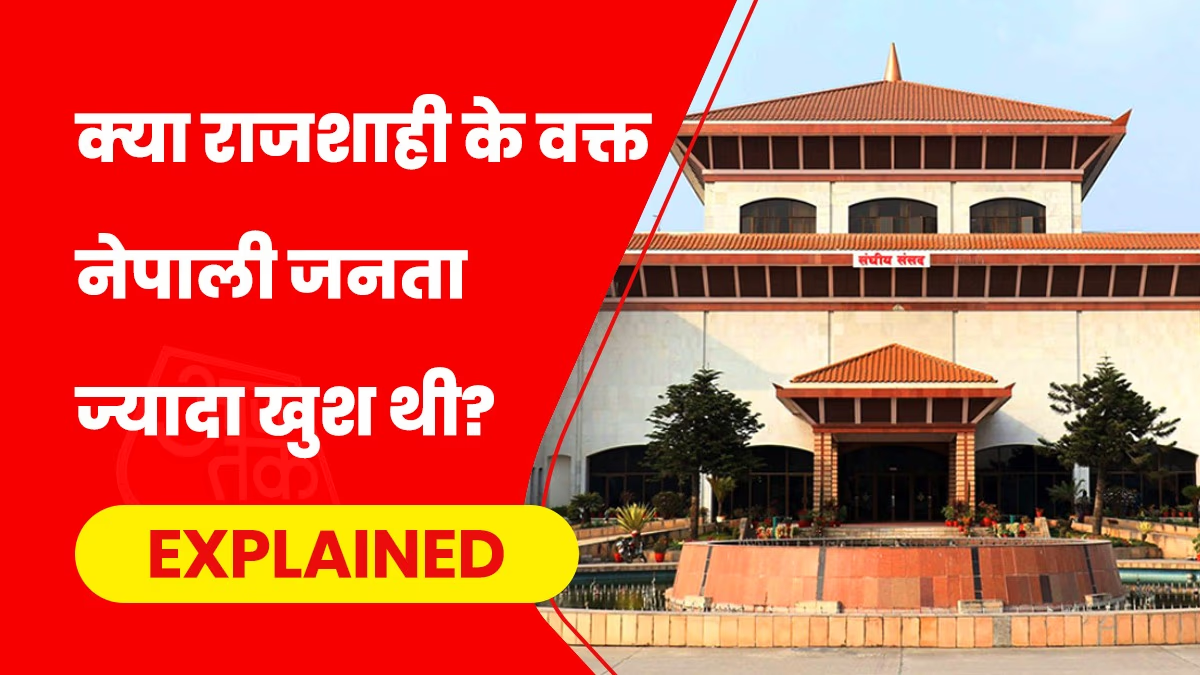The Waqf Amendment Bill is being presented in the Lok Sabha today. Within the Muslim community, one section supports this bill, while another expresses opposition, fearing increased state intervention in religious matters. However, the government backing the bill asserts it will ensure better management of Waqf properties.
Union Minority Affairs Minister Kiren Rijiju has clarified that the bill aims to grant rightful ownership to those who have not yet received it, disputing any ideas of rights being taken away.
Let us clear the misunderstandings related to this bill.
Fact:
No property lawfully declared as Waqf will be annulled.
Explanation:
Once property is declared Waqf, it remains so permanently. This bill aims to clarify rules for better management and transparency. District Collectors are empowered to review properties improperly declared as Waqf, particularly if they are actually government-owned. Legitimately declared Waqf properties will remain protected.
Fact:
A survey of Waqf properties will indeed take place.
Explanation:
The bill shifts the duty of conducting surveys from Survey Commissioners to District Collectors, utilizing existing revenue processes. This change aims to refine records without hindering the survey process.
Fact:
Non-Muslims will be part of the board but not in the majority.
Explanation:
The bill mandates the inclusion of at least two non-Muslim members in both the Central Waqf Council and state boards. However, most board members will still be from the Muslim community, with the intent to enhance transparency and bring in expertise without diminishing Muslim representation.

Source: aajtak
Fact:
No private lands will be confiscated.
Explanation:
The bill applies solely to properties declared as Waqf. It does not affect private properties not donated as Waqf. Only voluntarily and lawfully declared Waqf properties come under the new regulations.
Fact:
The bill authorizes District Collectors to review and verify if a property is wrongly classified as Waqf, especially concerning public property. It doesn't authorize the confiscation of lawfully declared Waqf properties.
Fact:
While the bill necessitates having at least two non-Muslim members in the Central Waqf Council and state Waqf boards, their role is intended to add expertise and oversight. The majority of the board will still be Muslim members, maintaining community control over religious matters.
Fact:
This bill does not interfere with the religious or historical nature of Waqf properties and aims to enhance administrative transparency and curb fraudulent claims without altering the nature of these sites.
Fact:
The bill's primary objective is to improve procedures for safeguarding and preserving records, reducing mismanagement, and ensuring accountability. It does not strip the Muslim community of their rights to manage religious properties, but rather provides a framework for transparent and efficient management.
Beyond these myths, the bill incorporates several essential elements that require further clarity to prevent misinformation from spreading.
State Waqf Board Structure Expansion
This amendment to the Waqf bill ensures broad representation in state Waqf boards, including Shia, Sunni, Bohra, Aghakhani, and backward Muslim communities. The bill mandates at least one member from each of the Shia, Sunni, and backward Muslim communities on the board, aiming for inclusive representation in Waqf property management.
Several stakeholders, including Members of Parliament, the All India Muslim Personal Law Board, Jamiat Ulema-e-Hind, and Jamaat-e-Islami Hind, have criticized the bill. They argue it violates constitutional provisions related to equality, non-discrimination, religious freedom, and property rights.




